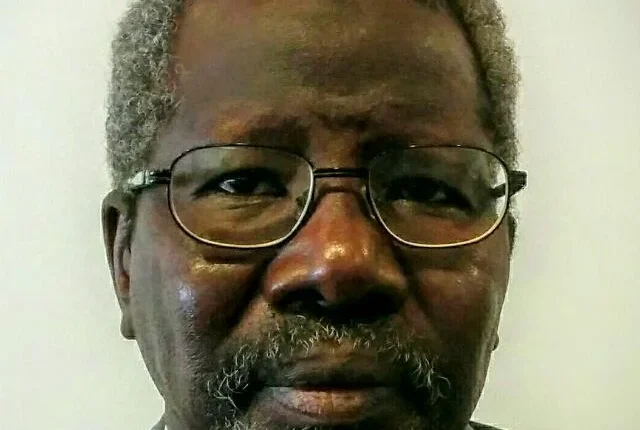The Future of Sudanese-American Diplomatic Relations

By Dr. Hassan Issa Talib
Historically, Sudanese-American diplomatic relations, beginning with the first transitional government under Abdullah Khalil, have generally aligned well with Republican U.S. administrations, starting with Eisenhower’s in 1953.
Relations were severed during the Democratic administration of Lyndon Johnson in 1967 after the Six-Day War and not restored until 1972 under Republican President Richard Nixon.
The harshest sanctions against Sudan over the past seven decades of bilateral diplomacy were imposed primarily by Democratic administrations, particularly during Bill Clinton’s presidency (1993-2001), which included economic sanctions and the designation of Sudan as a terrorist state. These sanctions remained in effect for 27 years until lifted in 2020 under Donald Trump, the last Republican president.
In future foreign policy, it is likely that Trump will pursue a strategy similar to his previous administration regarding Sudan. His Republican foreign policy team will draw on strategic experts from the party. These individuals are expected to handle the Sudan file over the next four years, possibly through 2029.
The Trump administration could provide a rare opportunity for post-war Sudan to strengthen its fluctuating relations with the U.S. since April 2019 and to support non-elected activists, whose causes are championed by U.S. Special Envoy Tom Perriello.
This shift aligns with Trump’s openly declared agenda, embodied in his campaign slogan:
“Make America Great Again.”
Trump’s core supporters are primarily traditional-minded businessmen and thinkers opposed to left-wing and liberal values, including trends like the rise of LGBTQ rights, abortion freedoms, and gender equality. They strongly advocate for traditional family values, religious devotion, and preserving inherited social norms. They emphasize economic growth, expanded American business exports, and access to essential natural resources.
Trump’s foreign trade policies will likely focus on securing and expanding American businesses’ interests in energy and precious metals and strategic competition with China and Russia for essential resources, such as coltan, copper, plutonium, and silicon, which are used in solar energy panels, gas, and oil—all resources present in Sudan. Achieving full security nationwide and swiftly winning the ongoing battle against the RSF insurgency will be crucial to attracting investors.
National security cooperation to counter terrorist organizations like ISIS and Boko Haram remains a cornerstone of Trump’s foreign policy. A stable Sudanese government would make Sudan a more attractive partner, encouraging investment-friendly agreements.
Trump’s remarks following his decisive win on November 5, 2024, and his willingness to designate the RSF as a terrorist group indicate his strategic support for Sudan’s sovereignty. This approach provides the U.S. with a strategic foothold in Sudan, especially given Burhan’s balanced political and strategic alliances with regional allies like Saudi Arabia and Egypt, which are crucial for the Red Sea’s security and stability in the Sahel and North Africa.
Sudan’s main internal challenge lies in the military leadership’s delayed response in resolving the RSF insurgency since April 15, 2023. The prolonged military operations, rising civilian casualties, and failure to stop militia attacks—especially in Al Jazirah State—have raised doubts about the army’s strength and the government’s control. These challenges provide pro-rebellion groups with tactical propaganda opportunities, fueling uncertainty in the American media and dampening Sudan’s prospects for decisive support.
Trump’s victory coincides with the appointment of Dr. Ali Youssef as Sudan’s foreign minister. Youssef is a skilled diplomat with over 40 years of experience who has openly supported the national army. He could form a team of seasoned diplomats to navigate this critical phase.
On the domestic level, Sudan must establish an advisory council of Sudanese experts across various fields to create a reconstruction roadmap. This council should work within the Sovereign Council and across all states, especially during the transitional period, as Burhan, both head of the Sovereign Council and army commander, must do more than single-handedly devise strategies beyond his area of expertise.
Sudan’s ultimate goal is to develop realistic plans to attract investments, outline diplomatic relations bilaterally and multilaterally, and gain international support to ensure successful outcomes during the transition period.
Shortlink: https://sudanhorizon.com/?p=2471

